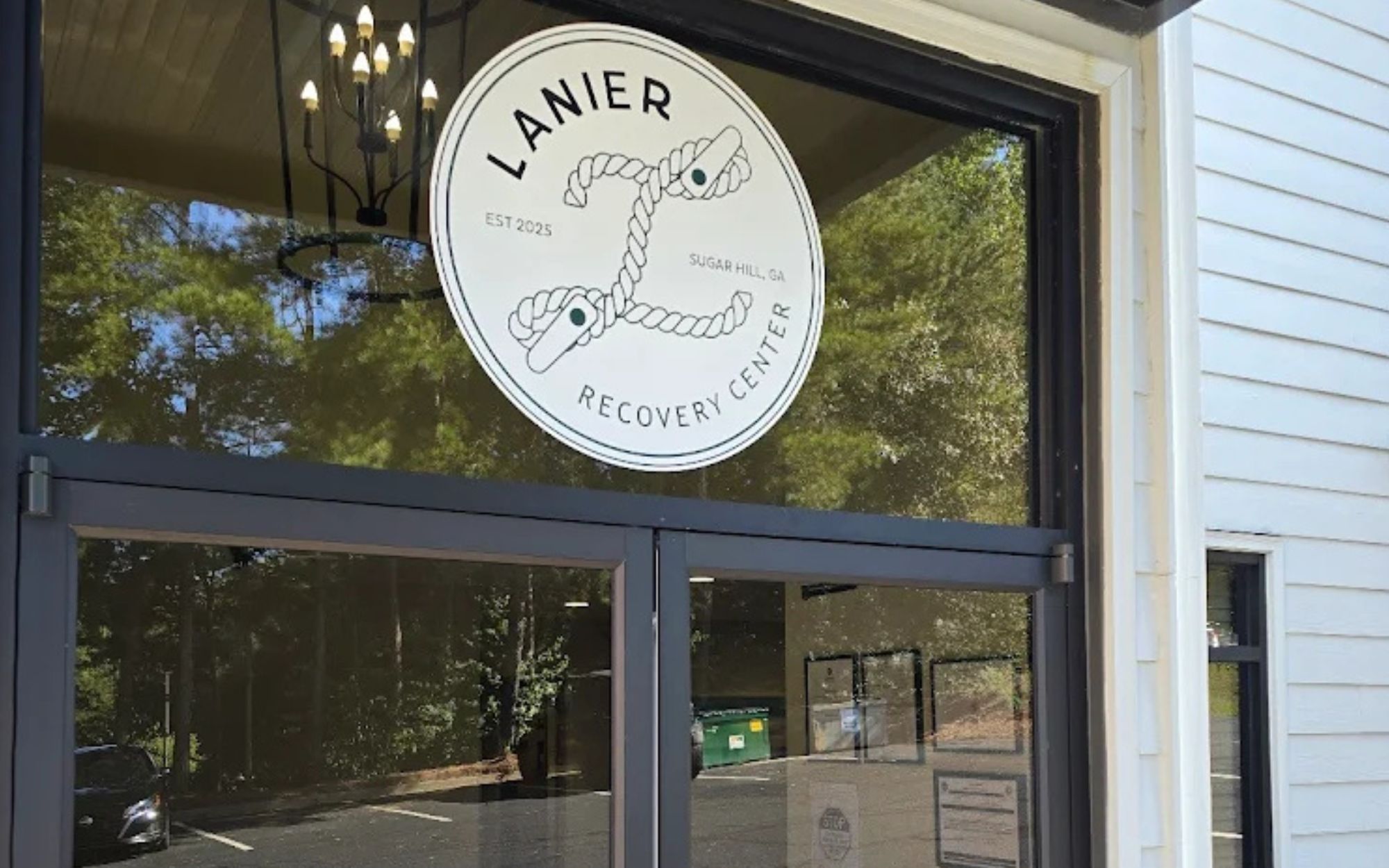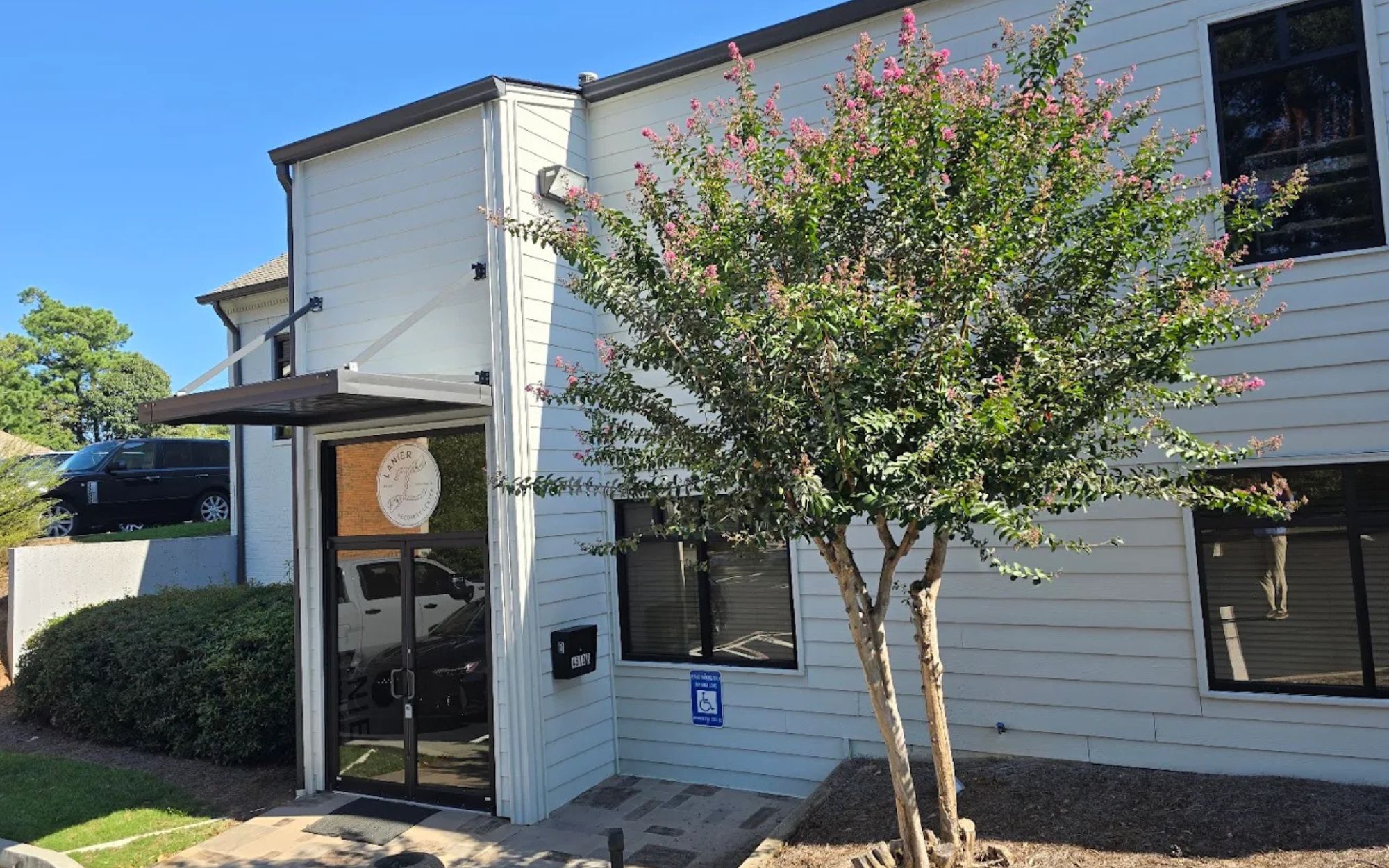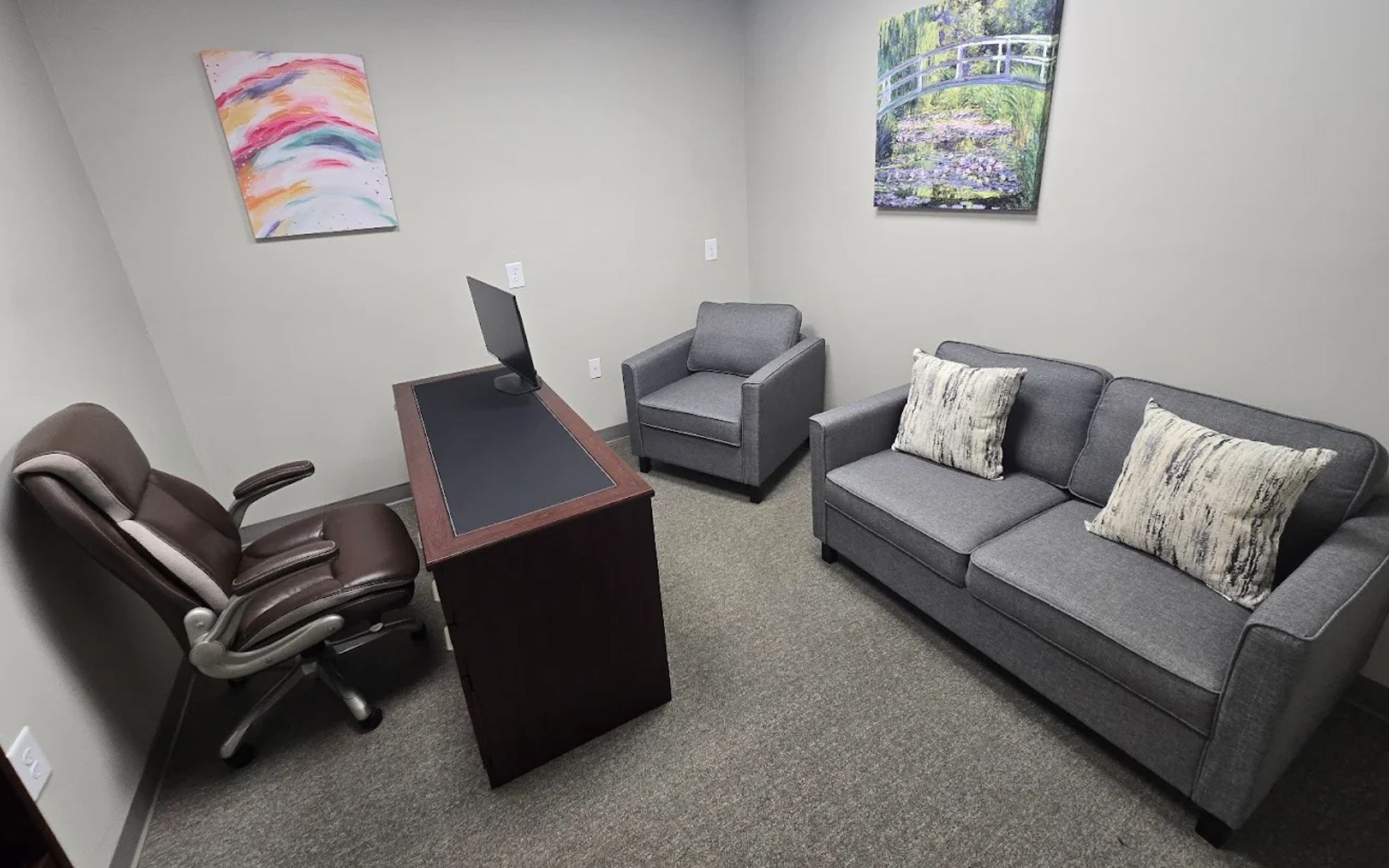
Kratom abuse treatment
Kratom is often marketed as a safe, legal alternative to opioids or as a natural remedy for anxiety and chronic pain. But what many people don’t realize is that kratom can be addictive, disruptive, and dangerous—especially with long-term or high-dose use. At Lanier Recovery Center in Atlanta, we offer expert-led outpatient treatment for kratom addiction, providing clinical support, education, and tools to build a healthier, substance-free life.







